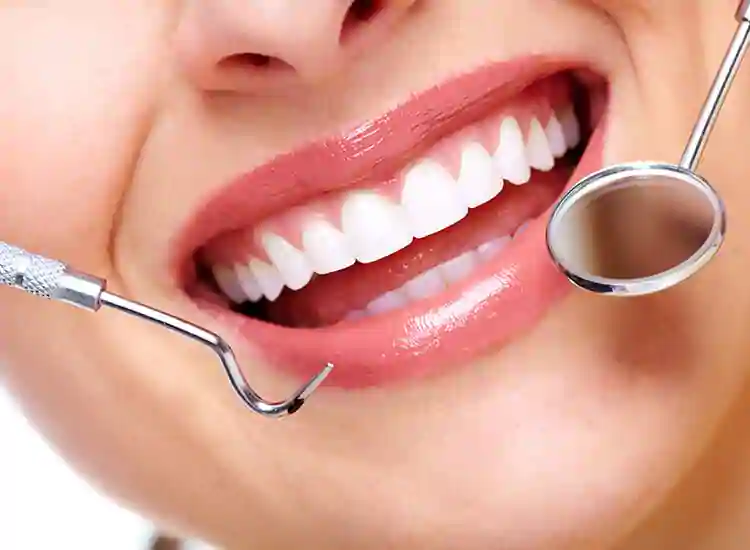The longevity of a tooth can greatly differ based on a variety of influences, including oral cleanliness routines, professional dental services, genetic factors, and general health conditions. With the correct care, permanent teeth have the potential to endure for a person’s entire lifespan.
Nonetheless, there are certain factors that can precipitate the premature loss of a tooth at different stages of life. These variables could involve:
- Dental caries and decay: Inadequate oral care and sugar-rich diets can foster the growth of dental caries or cavities. Without proper treatment, these dental caries can advance, leading to severe tooth decay and eventually resulting in the loss of the tooth.
- Periodontal ailments: Periodontal ailments, commonly referred to as gum diseases, have the potential to harm the tissues and bone structures that hold the teeth in place. If not monitored or addressed timely, it can bring about the loss of the tooth.
- Physical harm: Incidents or injuries causing substantial harm to the tooth or its adjacent structures could result in tooth loss.
- Unintentional damage: Certain activities like teeth grinding (bruxism) or employing teeth as tools may result in wear and tear, chips, or fractures in the teeth, thereby escalating the possibility of tooth loss.
- Dental infections: If dental infections or abscesses are left untreated, they can cause extreme damage to the tooth and its adjacent structures. In certain instances, it might be necessary to extract the tooth to avoid further complications.
To ensure the longevity of your teeth, it is crucial to maintain good oral hygiene habits, consume a balanced diet, schedule regular dental check-ups and cleanings, and promptly address any arising dental issues.

